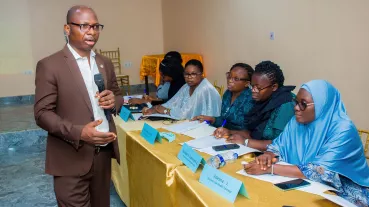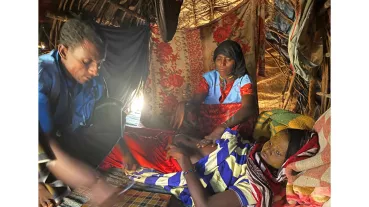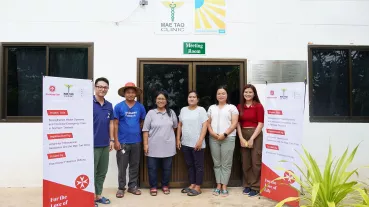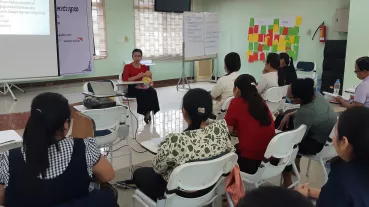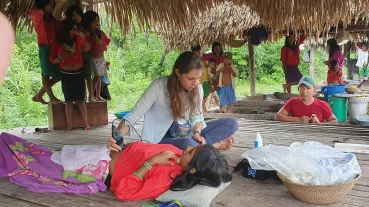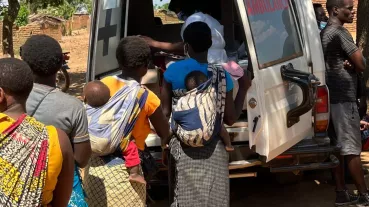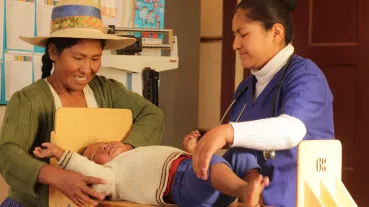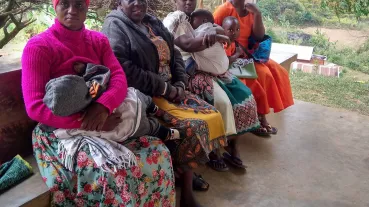Improving maternal and neonatal health care and family planning in Nepal
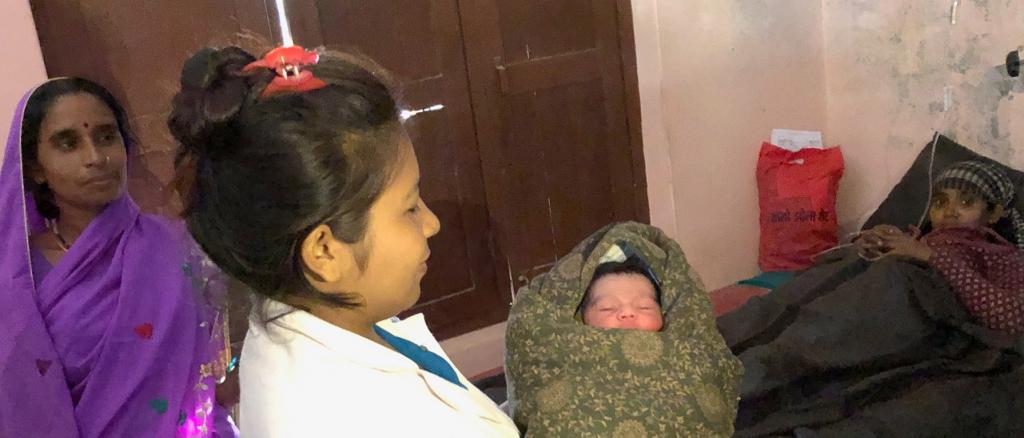
Situation:
In Nepal, rural women, mothers, newborns and children have difficult access to health care. Health facilities are inadequately equipped and medical staff often lack basic knowledge and skills. The project works with local health facilities and administrations to improve health services, equip them and train staff.
Objectives:
The project will improve access to maternal, neonatal and child health services, including family planning, through service quality improvements and health promotion. Through the mobilization of local health workers, through home visits and on-site preventive examinations as well as through improved equipment and management of the health stations, mother-child health is improved.
- 5000 women and girls and 2000 children have access to quality health facilities.
- more than 70% of women give birth at the health facilities.
- 18 community health counsellors (FCHV) are mobilised, hold monthly mothers' group meetings and make home visits to villages.
- Specialised qualifications for health staff and midwives.
- Equipping four health posts and birthing centres: building repairs, toilets, delivery rooms
- Training and mobilisation of Female Community Health Volunteers (FCHVs) attached to the health system
- Capacity development of local health authorities
- Providing information on reproductive health and family planning in mothers' groups and on menstrual health in schools.
Local stakeholders were involved in the project from the beginning. The project approach and methodology were developed in consultation with stakeholders. Throughout the project, the District Project Advisory Committee (DPAC), which includes local authorities, elected representatives and other stakeholders, will meet regularly to review project progress and advise on the project. As the final year begins, the DPAC will work with partners to develop a handover and sustainability plan. By empowering the health administration and especially its women members, the aim is for local administrations to allocate budgetary resources for the continuation of the measures.
The project cooperates closely with all representatives of the health sector in the region. An important aspect is the strengthening and capacity building of the local executing agencies in managing and monitoring the work of the health stations. Especially the female elected representatives are sensitised to demand the allocation of public funds for mother and child health care. This ensures sustainability.
Here you can find further information.
